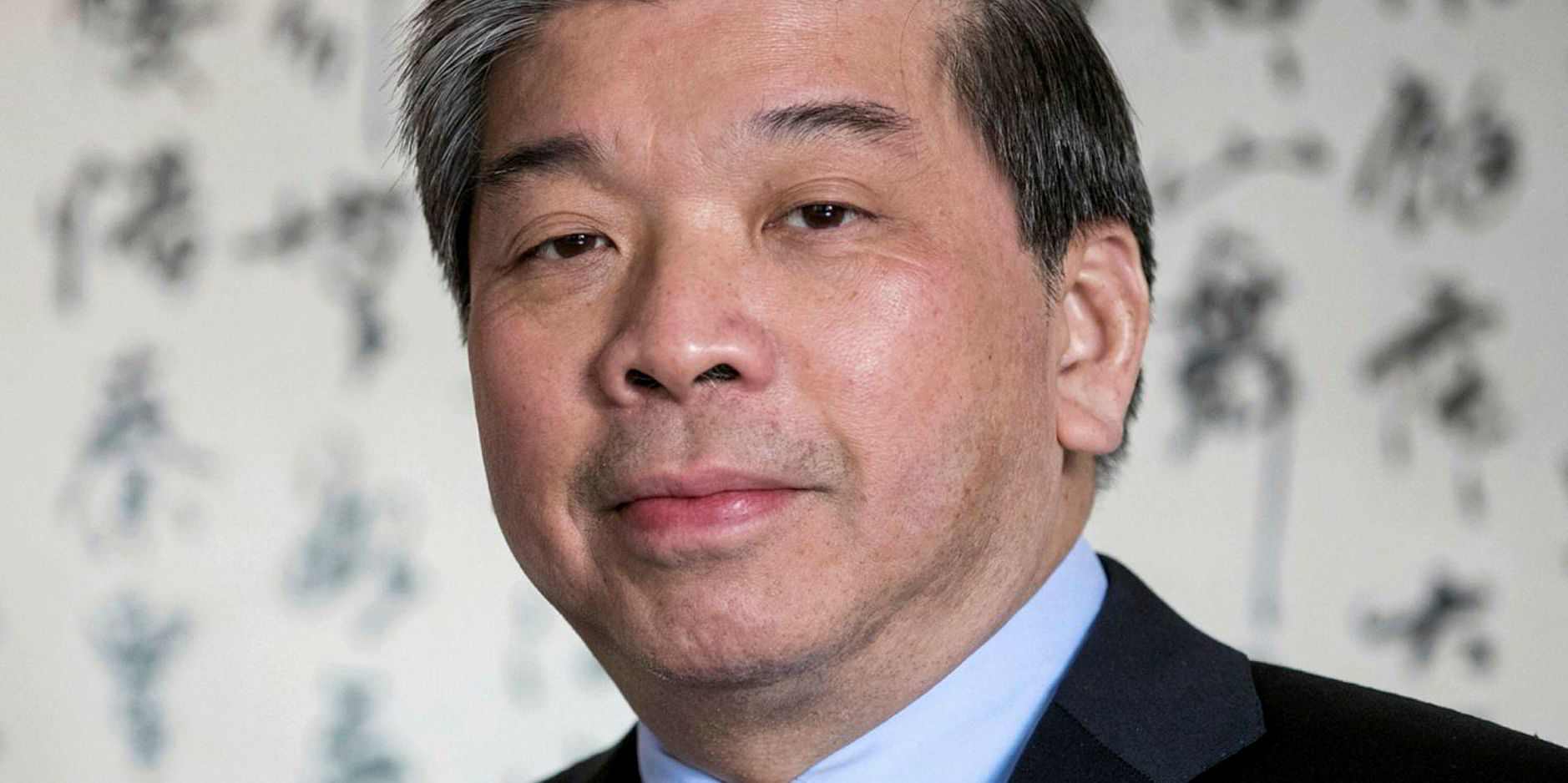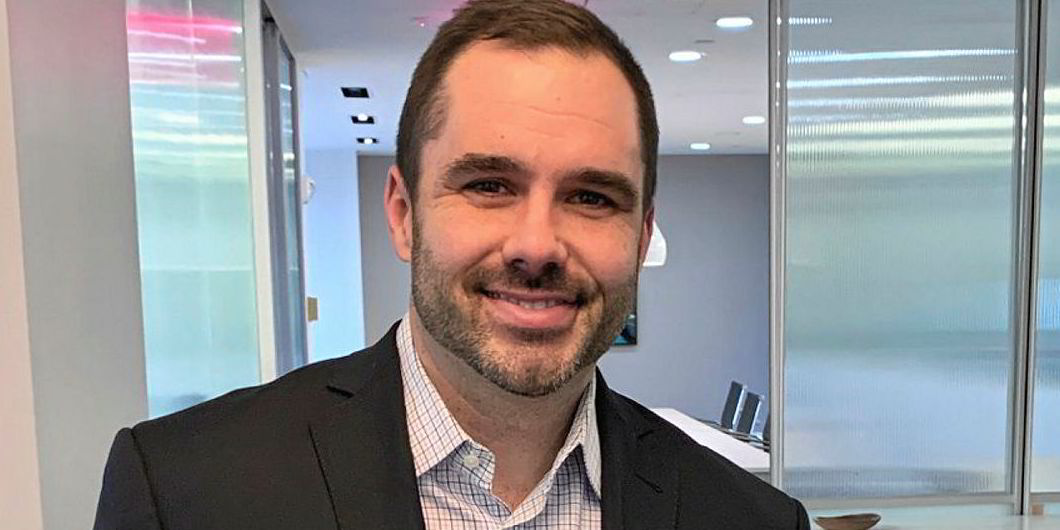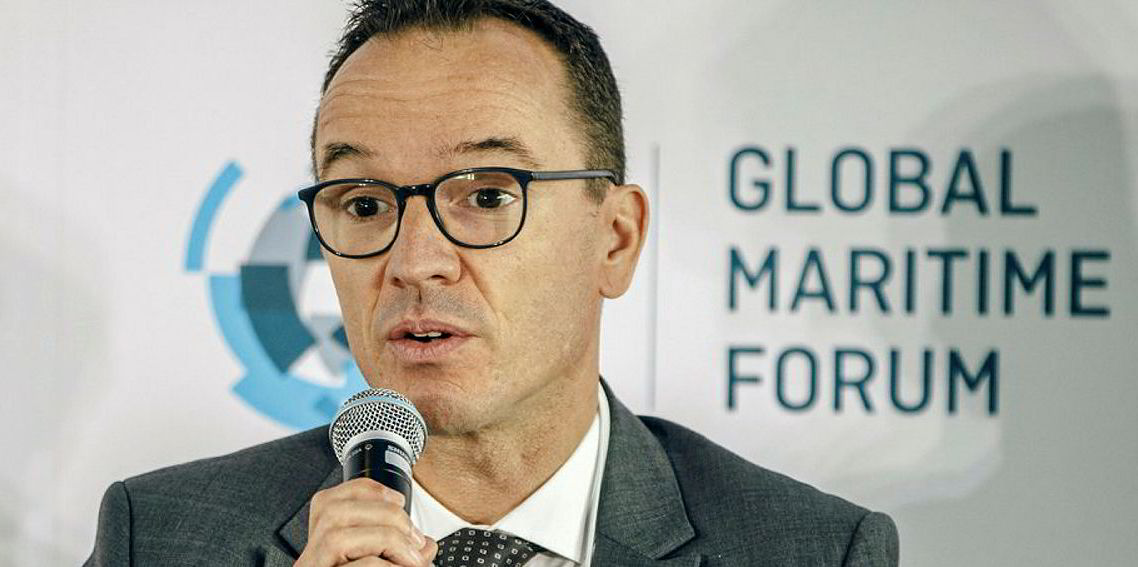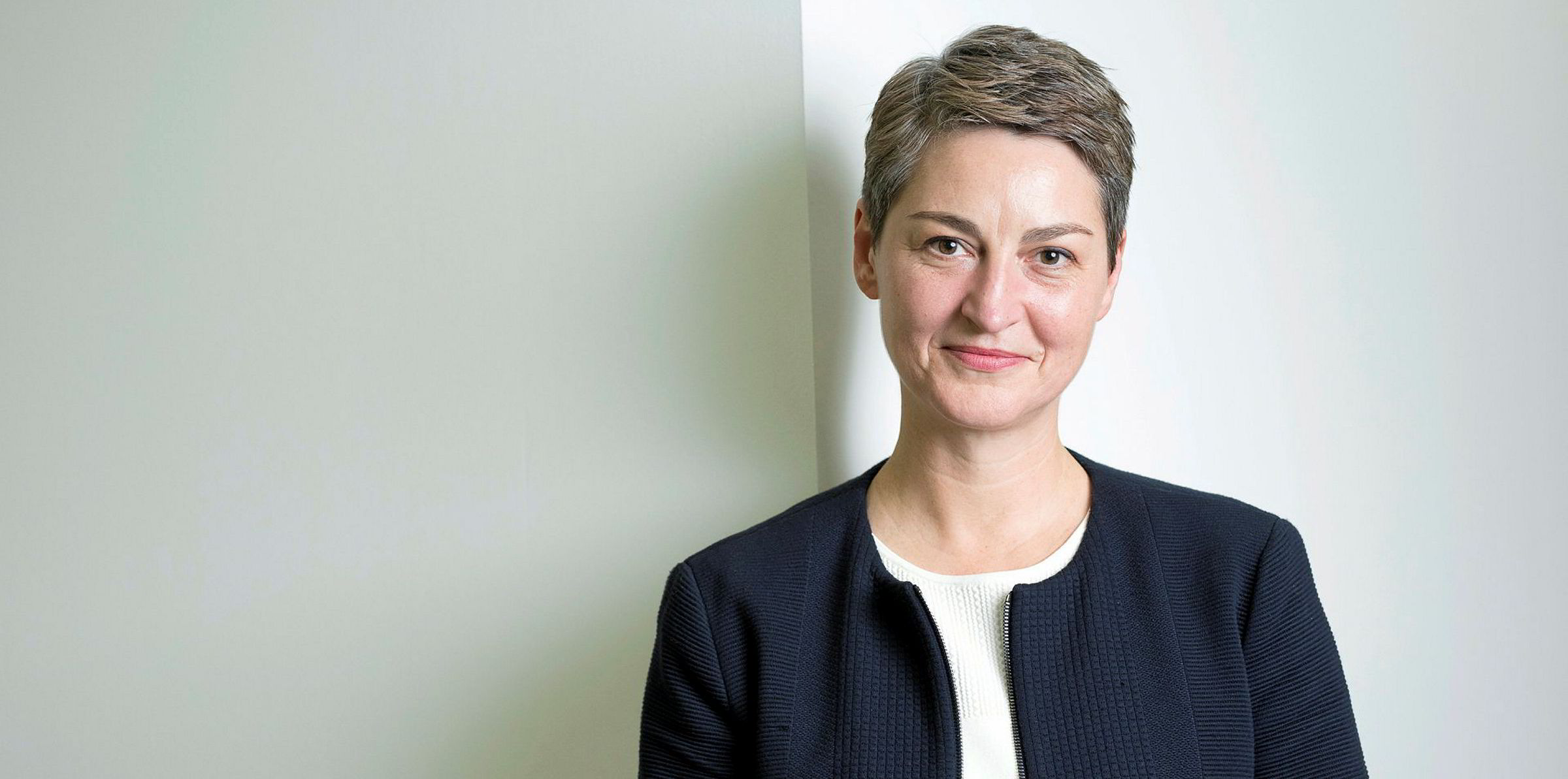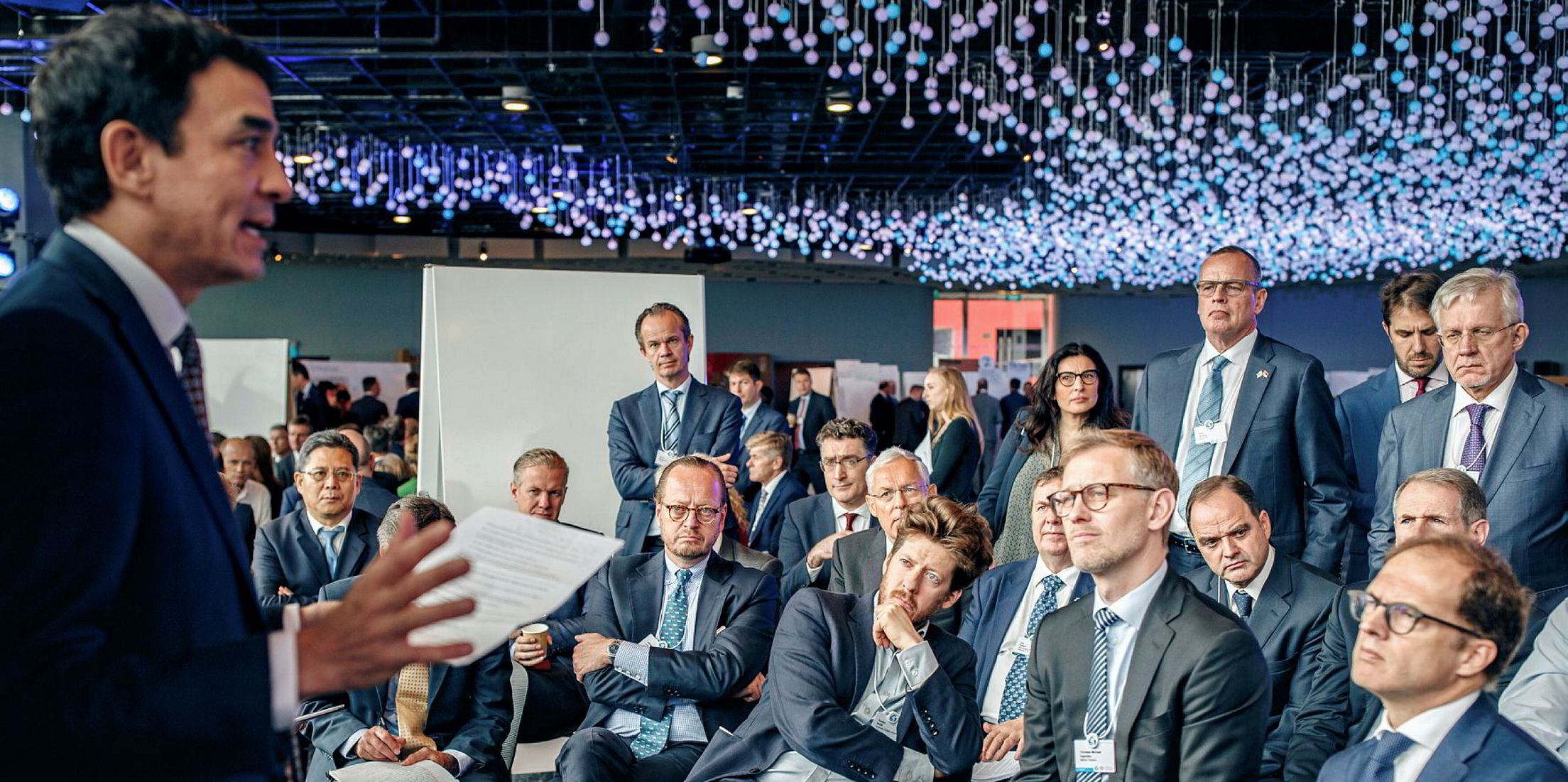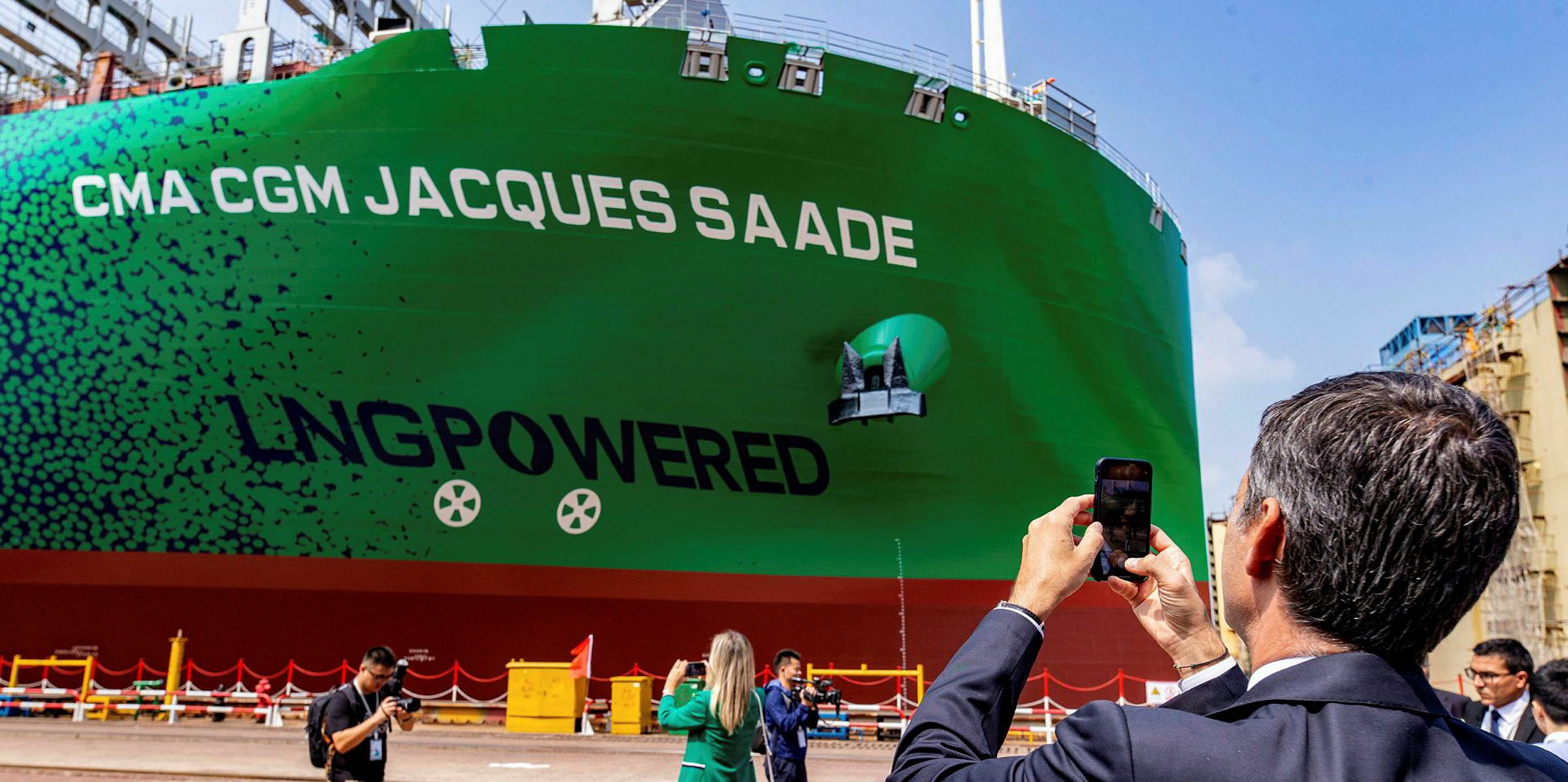Singapore's Pacific International Lines (PIL) has responded to a green group's criticism of its environmental, social and corporate governance (ESG) record.
Poland's Gliese Foundation ranked the boxship owner and operator at the bottom of 12 container lines on ESG issues, awarding it one star out of five.
Among its criticism, Gliese said PIL has never released a sustainability report.
“In other words, PIL stands out like a spot among its other 11 peers because it is the only one that is not reporting on environmental issues,” the foundation said.
"Not all those 11 companies have detailed and robust reports, indeed, but at least they have made an institutional effort to report on sustainability issues."
However, Gliese acknowledged some information on the PIL website regarding operational efficiency, eco-efficient technologies and water-pollutant emissions.
PIL describes 12 measures taken for some of its vessels on these issues, but Gliese criticised the information as vague.
As an example, it referred to a passage in which PIL refers to "most" of its ships being capable of cold ironing.
But Gliese said this could refer to between 51% and 90% of the vessels.
PIL makes its case
PIL told TradeWinds it does not generally respond to these kinds of claims.
But the company said: "Firstly, it is difficult for us to comment, as the detailed research methodology is not disclosed in the article nor on its website.
"Secondly, we are concerned about the article's use of a lack of information as evidence for environmental malfeasance."
The liner operator added: "Unlike many other carriers, as a wholly private company, we are not obliged to publish an annual report nor a stand-alone sustainability report."
PIL also said Gliese does not look further than those reports, failing to examine the activities of companies beyond what they present to the public domain.
The company added that it wanted to make clear that sustainability is one of its corporate core values.
PIL said it has achieved full compliance with the International Maritime Organization's 0.5% sulphur cap for all its vessels through the installation of scrubbers and the use of compliant fuels.
The "majority" of its fleet has attained Environmental Ship Index certification since August last year, "which demonstrates that our emission levels of greenhouse gases, namely NOx, SOx and CO2, are well below what is allowed by the IMO," the shipowner added.
Older ships retiring
PIL said it is committed to combating the illegal trafficking of wildlife and is retiring older and less fuel-efficient vessels.
The company is also working towards the United Nations’ Sustainable Development Goals, particularly on the conservation and sustainable use of oceans, seas and marine resources for sustainable development.
PIL is particularly focused on increased fuel efficiency through the enhanced maintenance of assets.
Gliese has not revealed the rest of its list, apart from Japan's Ocean Network Express (ONE) taking 11th place with 1.5 stars.
The reason Gliese rated us as 1.5 is because we haven't published our sustainability report 2020 yet. However, it will be published in a couple of weeks
One Ocean Network
ONE has issued two ESG reports, but the first was discounted by Gliese because it was produced when the company started operations in 2018.
However, ONE’s parent companies — NYK Line, K Line and Mitsui OSK Lines — have strong environmental records and are leading efforts to develop sustainable fuels.
ONE told TradeWinds: "The reason Gliese rated us as 1.5 is because we haven't published our sustainability report 2020 yet. However, it will be published in a couple of weeks."
The company said it is also recognised by one of the largest and most trusted providers of business sustainability ratings, and has received awards for the past three years.
ONE is also a member of the Clean Cargo working group, which is a leading buyer-supplier forum for sustainability in the cargo shipping industry.
"We are working continuously on this matter and have been collaborating with the group through monthly meetings," ONE said.
Gliese describes itself as a European foundation focused on maritime sustainability, the marine environment and the impact of climate change
Its president is Pablo Rodas-Martini who is vice president and director of market intelligence at Emerging & Frontier, a Warsaw consultant offering maritime and port economic analysis for shipping companies, ports, port terminals, logistics companies and industrial zones.
